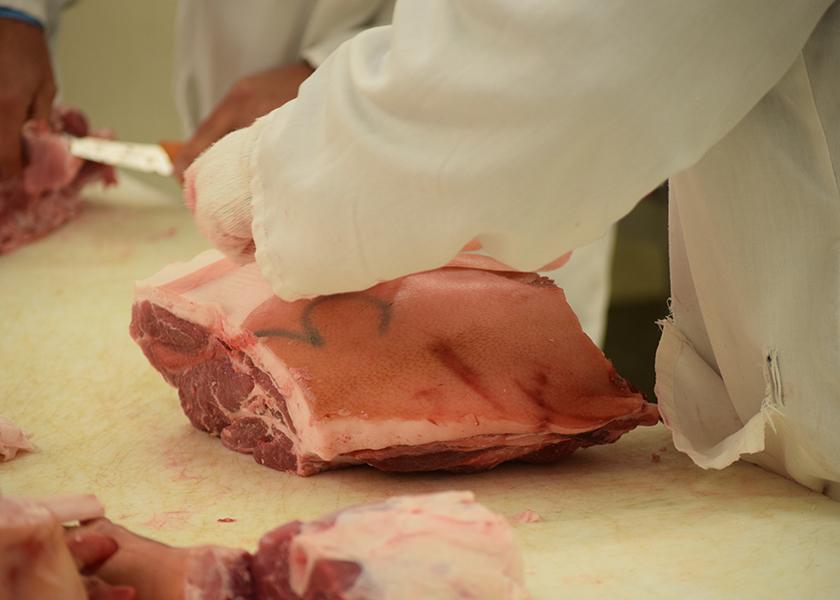Philippines Extends Reduced Pork Tariffs, Boosting Prospects for U.S. Pork Industry

In a significant development for the U.S. pork industry, the Philippines has announced the extension of reduced tariff rates on imported pork through the end of 2024, reports the U.S. Meat Export Federation (USMEF). This decision, initially implemented in 2021 to address the aftermath of African swine fever, aims to stabilize pork supplies in the Philippines.
The extended tariff cuts come as a welcome relief for U.S. pork exporters, providing insights into the implications of these changes for both American and Philippine stakeholders. The tariff cuts were originally set to expire on December 31.
Dan Halstrom, president and CEO of USMEF, highlighted the specifics of the extended tariff rates, explaining, “The in-quota duty rate normally is at 30%, and with reduced rates, they'll be 15%. The out-of-duty quota rate, normally 40%, will be reduced to 25%.”
The rates remain relatively high, Halstrom notes, yet the extension of reduced tariffs signals progress in creating a more stable environment for the pork industry.
As the affordability of pork for Filipino consumers is a key focus of the extended tariff relief, Halstrom emphasizes the importance of making pork protein more accessible to the average consumer, contributing to improved food security.
By reducing import duties, the Philippines aims to bolster pork consumption, ultimately benefiting both importers and domestic producers.
Halstrom explains that the broader goal is long-term tariff relief. He notes that making pork consistently accessible and affordable can lead to increased demand, with South Korea and Colombia being prime examples. In these markets, lower tariffs have facilitated growth in the industry, with per capita consumption rising over time.
The Philippines' decision to extend reduced pork tariffs until the end of 2024 marks a positive development for the U.S. pork industry. As the nation continues to recover from African swine fever, these tariff adjustments contribute to stabilizing pork supplies and improving food security.
The hope is that the extended relief will pave the way for even longer-term tariff reductions, creating a mutually beneficial scenario for both the Philippines and the U.S. pork industry.
Read More:
USDA Hogs and Pigs Report: Is This a Defining Moment for the Pork Industry?







